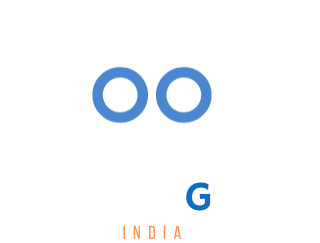Subscribe to Teknoblog content on Google News:
Nvidia is among the key players in the artificial intelligence market. However, this situation may change in the coming period. Big tech companies are trying to eliminate the software advantages that helped Nvidia dominate the AI market. According to Reuters news; Intel, Google, Arm, Qualcomm, Samsung and other technology companies have come together for this purpose.
Called The Unified Acceleration Foundation (UXL), the group is developing an open-source software suite that prevents AI developers from being locked into Nvidia's proprietary technology and allows their code to run on any machine, with any chip.
Although UXL does not give a target release date for the final version; The technical details of the project are expected to reach a “mature” state in the second half of this year. The project currently includes Intel's OneAPI open standard, which was developed to eliminate requirements such as specific coding languages, code bases, and other tools that prevent developers from using certain architecture, such as Nvidia's CUDA platform.
Nvidia became the first chipmaker to reach a market value of $2 trillion last month, experiencing rapid growth after focusing on hardware to power artificial intelligence models such as the H100 and upcoming H200 GPUs.
By locking developers into using Nvidia's CUDA architecture, these Nvidia chips are superior to anything currently produced by other chipmakers, but explosive demand has caused shortages as rival companies continue to develop their own alternatives. At the company's 2023 Computex keynote, Nvidia CEO Jensen Huang announced that four million developers use the Cuda computing model.
The search for a rival against Nvidia had already begun
While UXL says the project will initially aim to open up options for AI applications and high-performance computing applications, the group plans to eventually support Nvidia's hardware and code as well. UXL is seeking help from additional chip manufacturers and cloud computing companies such as Microsoft and Amazon to ensure the solution can be implemented on any chip or hardware. Notably, Microsoft, which is not part of the UXL coalition, was said to be working with AMD last year to develop alternative artificial intelligence chips that could challenge Nvidia's effective monopoly on the industry.
